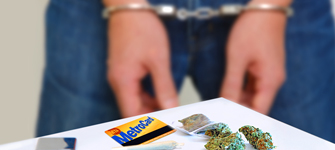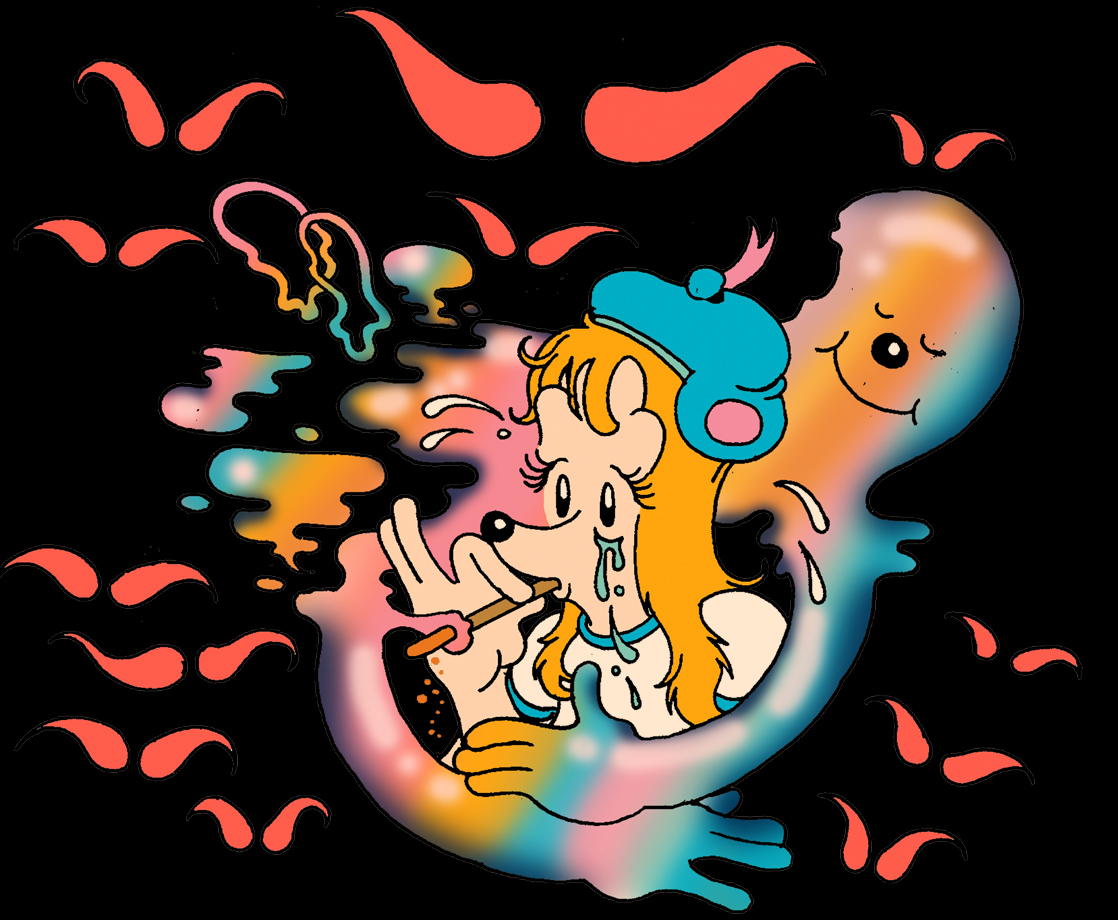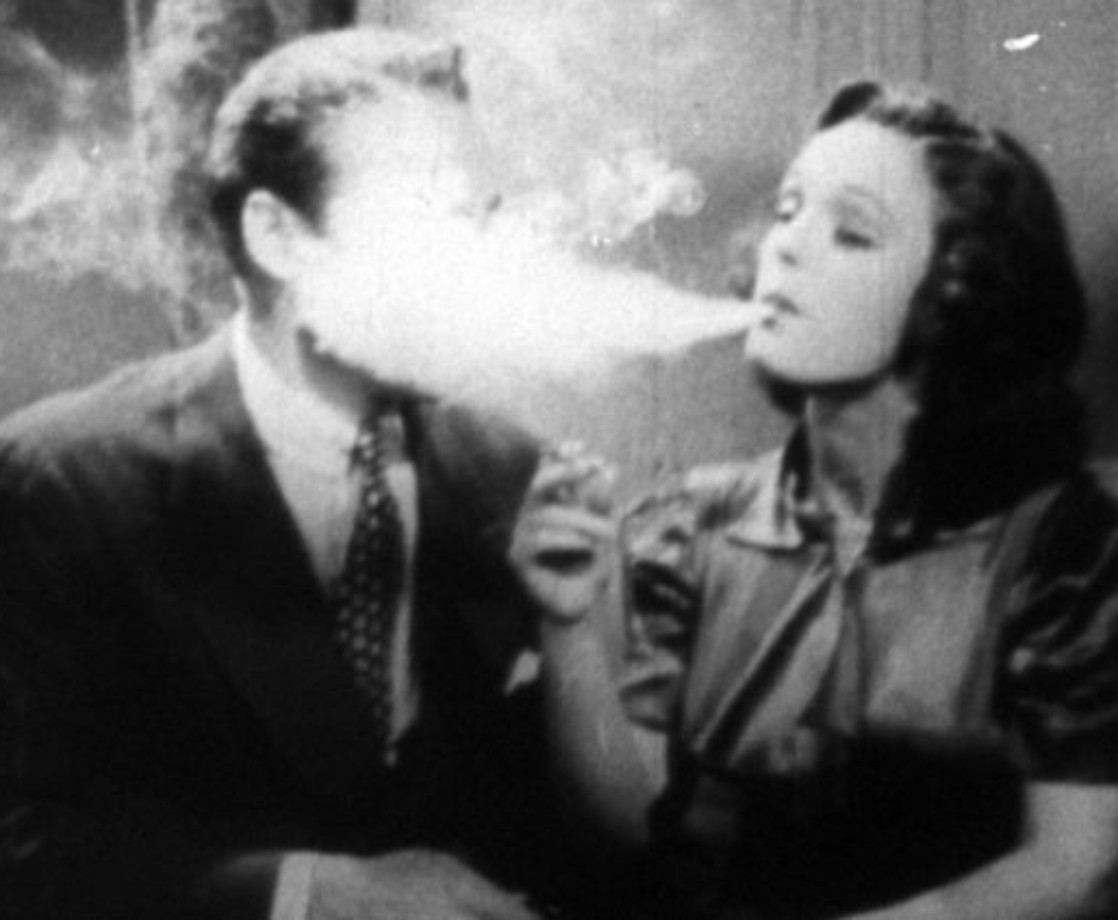Just over a year after New York City Mayor Bill de Blasio and Police Commissioner William Bratton announced a new initiative to reduce the number of arrests the NYPD makes for low-level marijuana possession, fewer people are finding themselves in cuffs across the Big Apple.
Through October 20th, the New York Post reported, the NYPD arrested 18,120 people for marijuana possession and ticketed more than 13,081 people $100, a 40% drop in arrests from the year before but roughly the same number of tickets issued during the entire years of 2013 and 2014.
It's a less stringent system than the NYPD's approach to marijuana law enforcement in 2014, when nearly 30,000 marijuana aficionados found themselves arrested throughout the city. But make no mistake—NYC is still not a great place to get caught with weed, particularly if you're poor, a person of color or live in a precinct where officers are still making low-level marijuana busts.
According to Drug Policy Alliance Policy Coordinator Chris Alexander, 2015's reduced number of arrests still leaves the city with one of the biggest street-level enforcement operations in the country. The policy change is "noticeably beneficial" to communities of color across the city, he said, but for many white New Yorkers, he said, a ticket instead of handcuffs was already the norm.
"Even with the reduction in arrests, NYC is still the marijuana arrest capital, rivaled only by Chicago, where they have taken similar steps in recent years of issuing tickets for possession of small amounts and where they have also seen the great racial disparities of enforcement of marijuana prohibition," Alexander explained.
"The police department has not yet released the racial demographic data of the people being ticketed," he added. "… The policy change has not benefited the communities less subject to policing because those communities were not the ones being arrested or overly policed."
Law Enforcement Against Prohibition's Joanne Naughton, a former undercover NYPD detective and lieutenant in Manhattan and the Bronx, said the arrests would cease once prosecutors and police brass stopped tolerating them.
"What they're telling the public is one thing,” Naughton says. “But they're not telling cops, 'Do not make these stops unless you have a constitutional reason to do it. And don't tell people for no good reason to empty out their pockets.'"
"[Police] do what they're told to do," she added. "If the prosecutors in New York City, the D.A.s, said, 'Don't bring me any marijuana arrests. I don't care where they come from. I don't want to see marijuana,' you wouldn't see cops making marijuana arrests. It's that simple. Obviously, they're not hearing it."
Naughton cautioned that the rising number of tickets being issued for weed in the city are far from consequence-free.
"People get summonses instead of being arrested," she added. "Then they don't show up in court and there's warrant issued for them."
"The problem is not that there are more or less marijuana arrests, the problem is that it is a crime to possess or sell any of these substances that Americans want to use," Naughton concluded.











